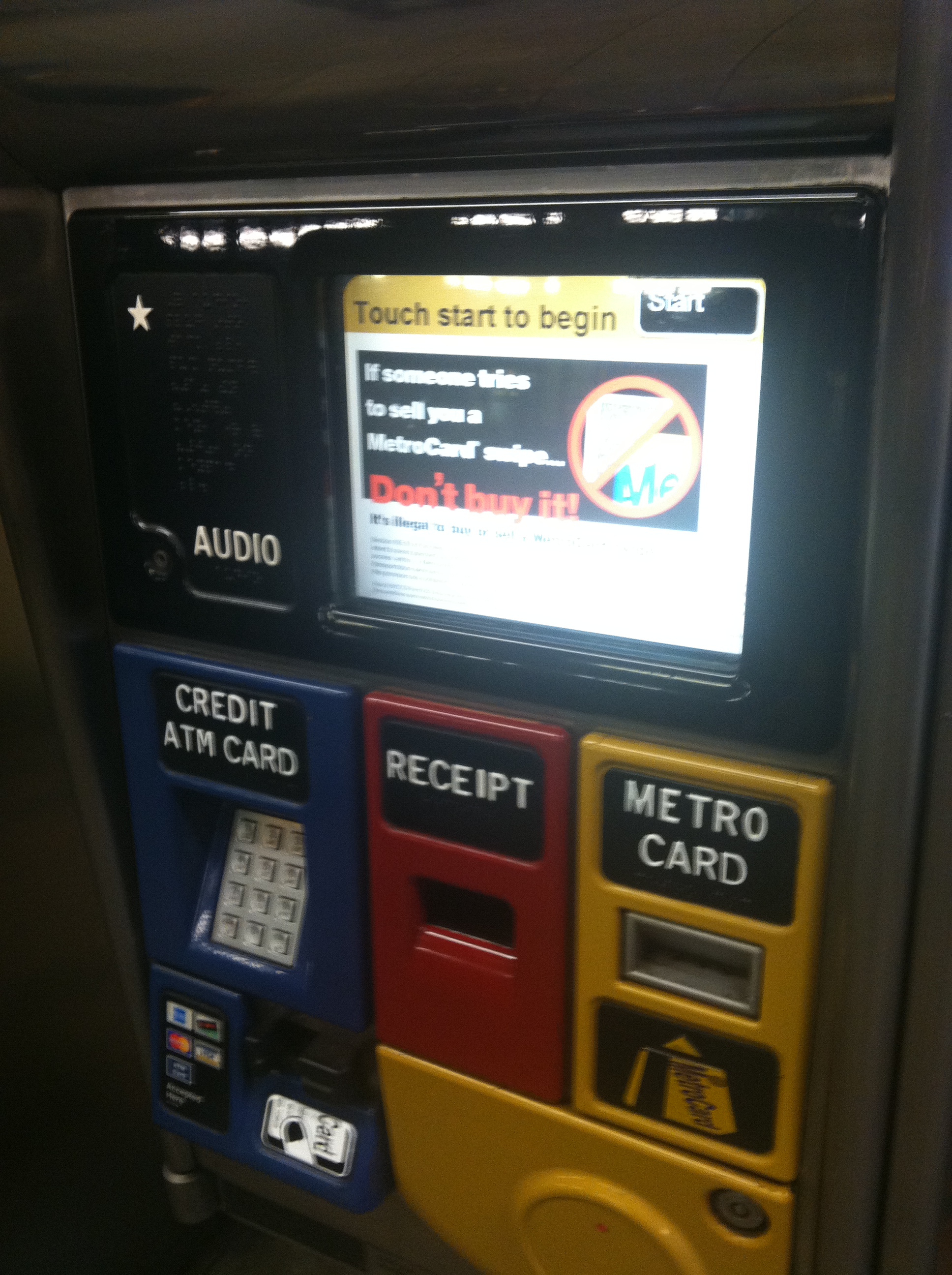Subway fare increase may squeeze student budgets
NEW YORK—The MTA fare increase will be effective Friday, Mar. 1, as part of the 2013 budget. Thirty-day subway passes will increase from $104 to $112, seven-day passes will increase from $29 to $30 and single-rides will increase from $2.25 to $2.50. This year the King's student body is made up almost entirely of commuters, and many of these students depend on the subway for daily transportation. Each student who buys a subway card each month of the academic year will need to raise their subway budget by at least $64.
“I think it will definitely affect student life, especially for those who don’t have an unlimited pass,” Caroline Schuemann ('15) said. Schuemann explained that those who do not purchase unlimited metro cards will be less likely to attend student events, which typically cost five dollars or more.
The proposed budget, approved on Dec. 19 of 2012, also includes toll increases for bridges, tunnels and railroads. According to The Wall Street Journal, the MTA budget requires that $450 million be collected from these toll and fare increases.
“I was thinking about getting a gym membership that was $10 a month,” Amanda Burgess ('14) said, “but then I heard they were raising the metro card fare by eight dollars a month, and now I can’t even get a gym membership.”
Jaqi Cohen and Enrico Purita of New York Public Interest Research Group (NYPIRG) work with students at Queens College. An article for the school's paper, the Queens Chronicle, reported them saying, “Queens College is a commuter school. If they don’t have the funds or a job, they can’t afford a fare hike.”
In the wake of Super Storm Sandy, the MTA reported a $268 million loss of revenue and additional operating costs--accounted for in the new budget--along with about $62 million annually for damage to infrastructure, not covered by insurance or disaster relief.
The MTA also reported internal budget cuts that allow for annual savings of up to $809 million; despite these cuts, the MTA claims the budget has to account for the growth in non-discretionary costs such as pensions, health insurance, energy, paratransit and debt service. The MTA took an interesting approach in the process of raising fares by holding public hearings and inviting people to share their opinions.
The adopted plan was one of four options presented in the fall of 2012, although the plan has been altered since then. One of the other proposed plans called for single ride passes to remain the same, while increasing the 30-day pass to $125.
“The recommended actions, I believe, strike a balance between the competing goals,” MTA chairman, Joseph Lhota told the the New York Times on Dec. 19. After the meeting, Lhota resigned from his position in order to run for the office of New York City mayor.
The MTA plans “no budget-driven service reductions in the foreseeable future," but have stated that fare increases will be limited to every two years, as agreed upon with the state in 2009.



